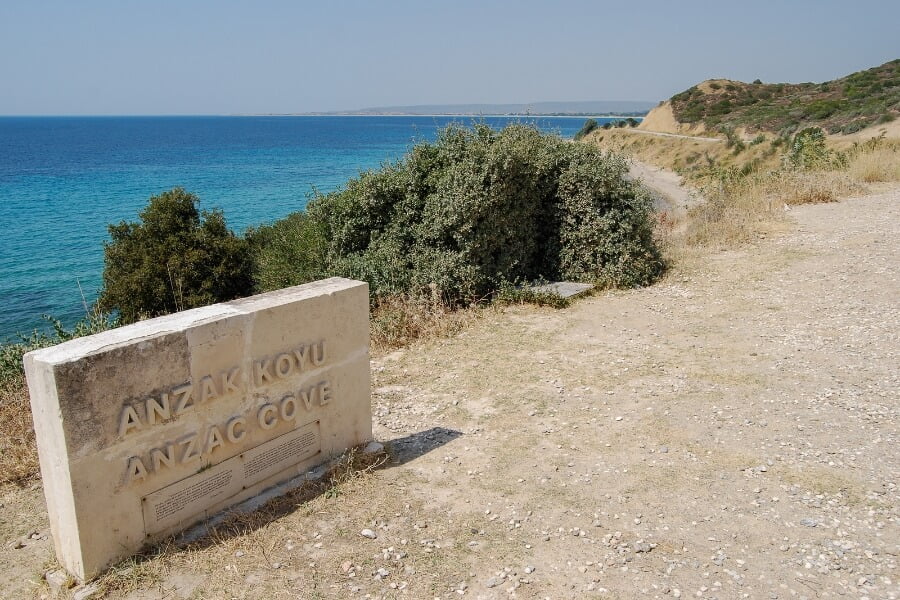ANZAC Day Gallipoli is more than a date on the calendar; it’s a cornerstone of the cultural and historical fabric of Australia, New Zealand, and Turkey. As a solemn day of remembrance, it holds a plethora of meanings, stories, and traditions that enrich our understanding of the human spirit. In this article, we explore ANZAC Day Gallipoli from multiple perspectives to provide a holistic understanding. We’ll delve into history, ceremonies, impact, and much more to offer a comprehensive guide.
Gallipolitour.com offers budget-friendly ANZAC Day Gallipoli departing from Istanbul.
ANZAC Day Gallipoli: A Brief Overview
ANZAC stands for the Australian and New Zealand Army Corps. The Gallipoli campaign was a crucial part of World War I, involving Australian and New Zealand soldiers who fought against Ottoman Turkish forces. Though ultimately unsuccessful, the campaign showcased the valiant efforts and sacrifices of the ANZACs, turning the term “ANZAC” into a symbol of courage and mateship.
The Origins of ANZAC Day
The Genesis of the Campaign
The Gallipoli campaign had its roots in the geopolitical scenarios of the early 20th century. A strategic attempt to control the Dardanelles Strait, it was a mission that saw a lot of young men paying the ultimate price.
First Observance of ANZAC Day
Following the Gallipoli campaign, ANZAC Day was first observed on April 25, 1916. The commemoration included church services, marches, and memorial gatherings.
Significance of the Day
National Identity
ANZAC Day is not merely a day to remember; it’s a cornerstone of the national identity for Australians and New Zealanders. The concept of “mateship” or friendship and courage was solidified in the stories that came out of Gallipoli.
Emotional Resonance
For descendants of those who fought at Gallipoli, ANZAC Day offers an emotional connection. Many families have personal stories tied to the day, which adds a layer of sentimentality.
Contemporary Observations
Dawn Services
The Dawn Service is an integral part of the observance. Occurring at sunrise, it replicates the time when the initial landings at Gallipoli happened.
The Poppy and Other Symbols
The red poppy flower is synonymous with ANZAC Day. Worn as a symbol of remembrance, its roots trace back to the fields of Flanders, another battleground of World War I.
Gallipoli Through Turkish Eyes
Understanding the Gallipoli campaign also involves recognizing it from the Turkish perspective. The defense of their homeland turned many Ottoman soldiers into heroes and is commemorated in Turkey as the Day of Martyrs on March 18.
Impact on Modern Warfare
Tactical Lessons
The Gallipoli campaign is studied in military academies around the world for its tactical errors and lessons to be learned.
Psychological Implications
The campaign also had psychological implications for warfare, serving as a cautionary tale for the human cost involved.
Beyond Borders
ANZAC Day Gallipoli is not just confined to Australia, New Zealand, and Turkey. The commemoration has found resonance in other parts of the world as well, particularly among allied countries and those who hold the virtues of courage and sacrifice dear.
Commonly Asked Questions
- What is ANZAC Day Gallipoli? ANZAC Day Gallipoli is a day of remembrance observed on April 25, commemorating the Australian and New Zealand soldiers who fought in the Gallipoli campaign during World War I.
- Why is it significant? The day is significant for its impact on the national identity of Australia and New Zealand, as well as for its historical and emotional resonance.
- How is it observed today? Observations include Dawn Services, parades, and wearing of the red poppy among other ceremonies and activities.
- What lessons have been learned from the campaign? The Gallipoli campaign serves as a study in both tactical failures and the human cost of war.
- How do Turks view the Gallipoli campaign? In Turkey, the Gallipoli campaign is viewed as a heroic defense of their homeland and is commemorated on March 18 as the Day of Martyrs.
- What symbols are commonly associated with ANZAC Day? The red poppy is the most widely recognized symbol associated with ANZAC Day.
Conclusion
ANZAC Day Gallipoli is a day that invites us to pause and remember the sacrifices made by those who fought in the campaign. It’s a day that has grown in significance over the years, transcending borders and touching hearts globally. As we reflect on the past, let’s also take the time to appreciate the peace and freedoms we enjoy today, thanks to those who laid down their lives for a brighter tomorrow.







